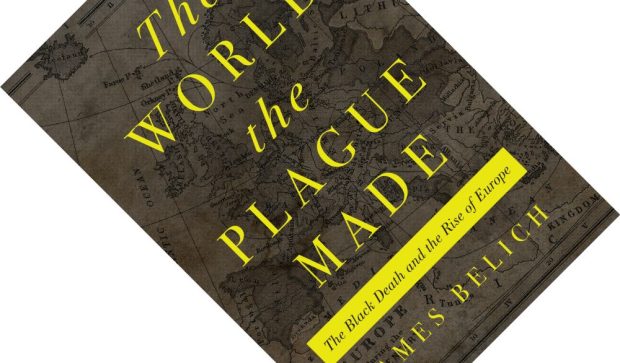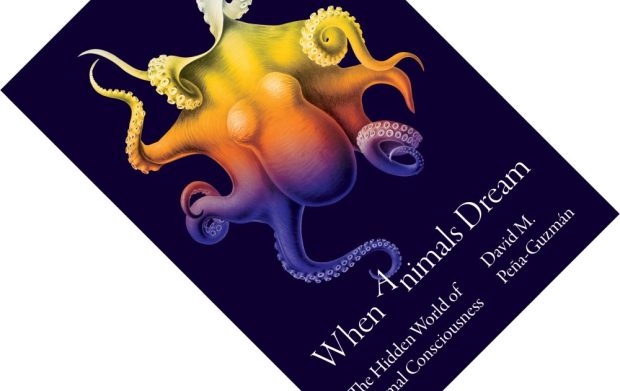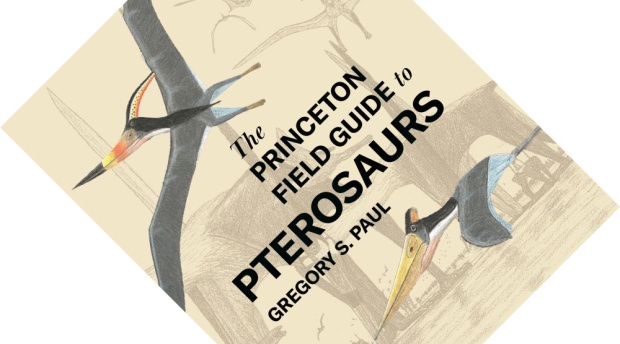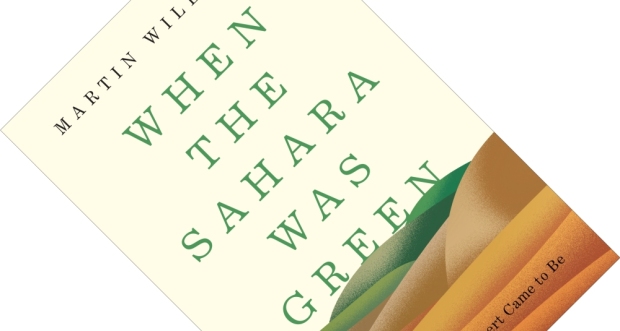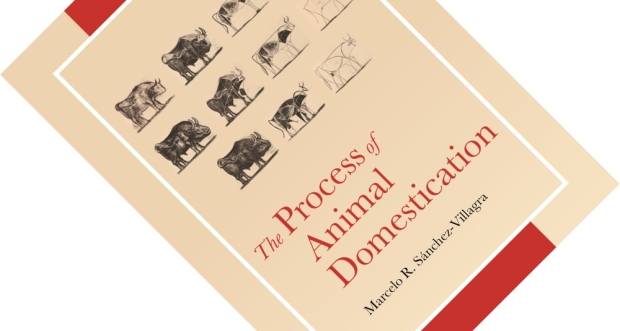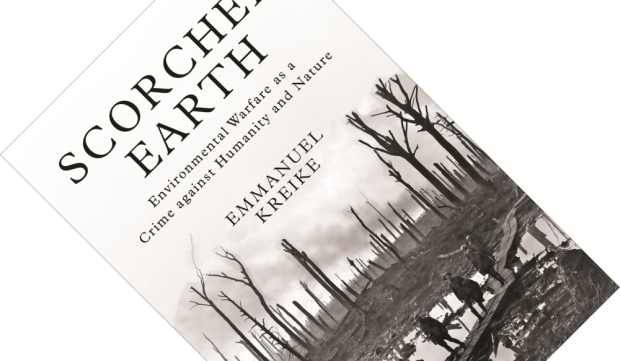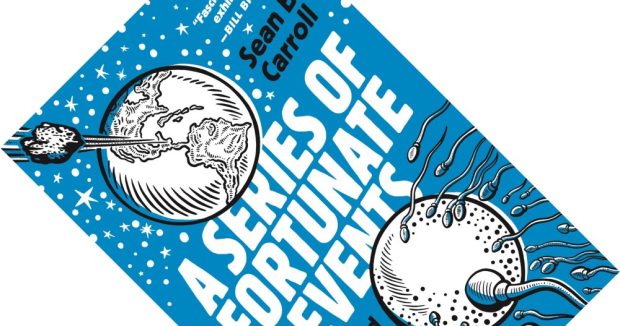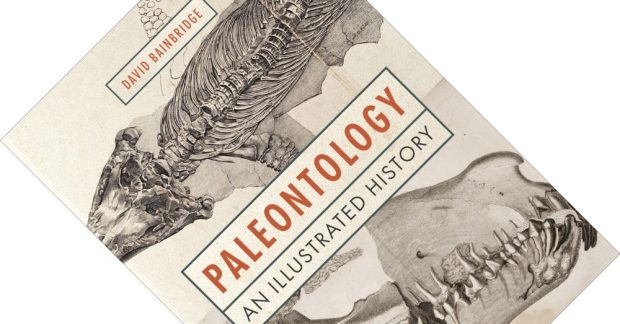8-minute read
keywords: epidemiology, history, pandemics
The medieval bubonic plague pandemic was a major historical event. But what happened next? To give myself some grounding on this topic, I previously reviewed The Complete History of the Black Death. This provided detailed insights into the spread and mortality caused by the Black Death, which was only the first strike of the Second Plague Pandemic. With that month-long homework exercise in my pocket, I was ready to turn back to the book that send me down this plague-infested rabbit hole in the first place: The World the Plague Made by historian James Belich. One way to characterise this book is that it retells the history of Europe from 1350 onwards as if the plague mattered.

